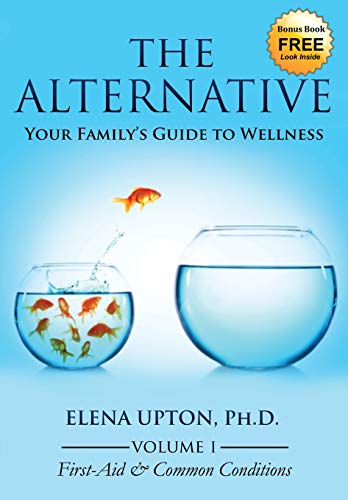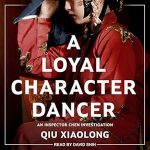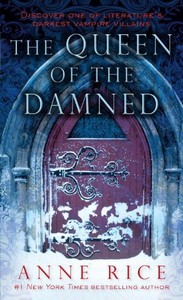This review was written for LibraryThing’s Early Reviewers. I received a copy of this book from the publisher to review.
“The Alternative: Your Family’s Guide to Wellness” by Elena Upton
Fifth Element Press (2019) 2nd Edition
3.5 / 5
“The Alternative: Your Family’s Guide to Wellness” is a book by Elena Upton, Ph.D., a classically trained Homeopath. It contains the usual disclaimers for health-related books. The type-face that’s been used seems particularly small and at times was difficult to read, but there is plenty of white-space, so that does help.
The first few chapters of the book focus on the history and implementation of natural medicine and some of its different disciplines. Of particular interest is “How Did We Get Here?” which deals with the 1908 report by Abraham Flexner, commissioned by the Carnegie Foundation to study medical schools in the United States. It’s alleged that, within a few years of its publication, the recommendations of the report were responsible for the demise of not only most of the medical schools in the U.S. (those that weren’t affiliated with a University), but also most of the alternative medicine options. Also mentioned is the “Health Maintenance Organization Act of 1973” which made health care in this country a for-profit enterprise.
While the book centers on homeopathy, there is some introductory information about Chinese medicine and acupuncture, naturopathy, and chiropractic and osteopathic processes. Most of the book is dedicated to setting forth the causes and symptoms of common maladies and injuries and the homeopathic remedies for them, but some of the entries include other types of treatment possibilities.
This is a great book for Inquiring Minds that Want to Know more about natural medicine, why it isn’t currently at the forefront of medical care in the U.S. like it is in the rest of the world, and some examples of how to implement it. But this book will also work for someone who already has an interest in homeopathy or other healing arts. There are actual remedy dosages listed in this book. I’ve read a lot of herbals and other books of natural and alternative medicine, and it’s refreshing to find this information actually put forth. It has to do with the nature of homeopathic remedies themselves — there’s pretty much no way you can hurt yourself with them and that’s the crux of the controversy.
I don’t know that homeopathy will every be my go-to medical route, but there’s a lot of information in this book that’s still useful and relatable. I’m very happy to have this book in my library.









